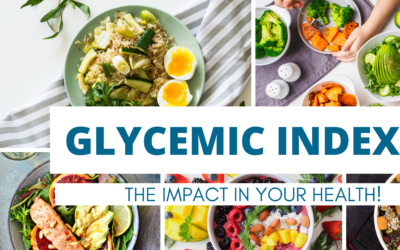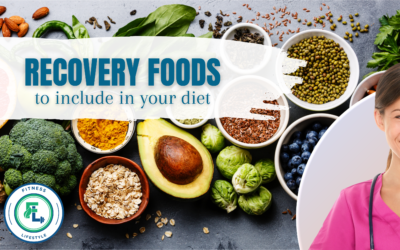“NutriBalance: Your Guide to Anti-Inflammatory Foods for a Healthier Life”
Non-inflammatory foods play a crucial role in maintaining overall health and well-being. These foods are known for their ability to reduce inflammation in the body, which is a natural response to injury or infection but can lead to chronic diseases if it becomes persistent. Chronic inflammation is linked to various health issues such as heart disease, cancer, diabetes, and autoimmune disorders. Incorporating a diet rich in non-inflammatory foods can help mitigate these risks and promote a healthier lifestyle.
One of the most effective ways to combat inflammation is to include a variety of fruits and vegetables in your diet. Fruits like berries, oranges, and apples are packed with antioxidants and vitamins that help fight inflammation. Leafy greens such as spinach, kale, and Swiss chard are also excellent choices due to their high content of vitamins A, C, and K, as well as fiber and other essential nutrients. Whole grains like quinoa, brown rice, and oats provide necessary fiber and have a lower glycemic index, which helps regulate blood sugar levels and reduce inflammation.
Healthy fats are another key component of an anti-inflammatory diet. Foods rich in omega-3 fatty acids, such as salmon, mackerel, walnuts, and flaxseeds, are known to reduce inflammation and support cardiovascular health. Additionally, incorporating nuts, seeds, and olive oil can provide monounsaturated fats that are beneficial for reducing inflammation. It is also important to limit the intake of processed foods, refined sugars, and trans fats, as these can contribute to increased inflammation in the body. By making conscious dietary choices and focusing on non-inflammatory foods, individuals can significantly improve their overall health and reduce the risk of chronic diseases.
List of Healthy Foods to add to your diet
Creating a diet that consists of non-inflammatory foods can be beneficial for overall health and can help manage conditions like arthritis, cardiovascular diseases, and other inflammation-related issues. Here is a list of non-inflammatory foods that you can incorporate into your diet:
Fruits and Vegetables
- Berries (such as blueberries, strawberries, and raspberries)
- Leafy Greens (like spinach, kale, and Swiss chard)
- Broccoli
- Brussels Sprouts
- Avocados
- Bell Peppers
- Tomatoes
- Carrots
- Sweet Potatoes
- Beets
Whole Grains
- Oats
- Quinoa
- Brown Rice
- Whole Wheat
- Barley
- Buckwheat
Healthy Fats
- Olive Oil
- Avocado Oil
- Nuts (such as almonds, walnuts, and cashews)
- Seeds (like chia seeds, flaxseeds, and sunflower seeds)
Proteins
- Fatty Fish (such as salmon, mackerel, sardines, and trout)
- Lean Poultry (like chicken and turkey)
- Legumes (including lentils, chickpeas, and black beans)
- Tofu and Tempeh
Spices and Herbs
- Turmeric
- Ginger
- Garlic
- Cinnamon
- Rosemary
Beverages
- Green Tea
- Herbal Teas (such as chamomile and peppermint)
- Water (staying hydrated is crucial for reducing inflammation)
By incorporating these foods into your diet, you can help reduce inflammation and promote better health. Remember to consult with a healthcare provider or a nutritionist to tailor a diet plan that suits your specific needs and health conditions.
If you want to learn how to improve your fitness and nutrition goals contact Mariela at 832-993-1155 or schedule a fitness assessment. Follow our Facebook for daily information or Visit our You Tube Channel to see a list of stretches and workouts.





0 Comments